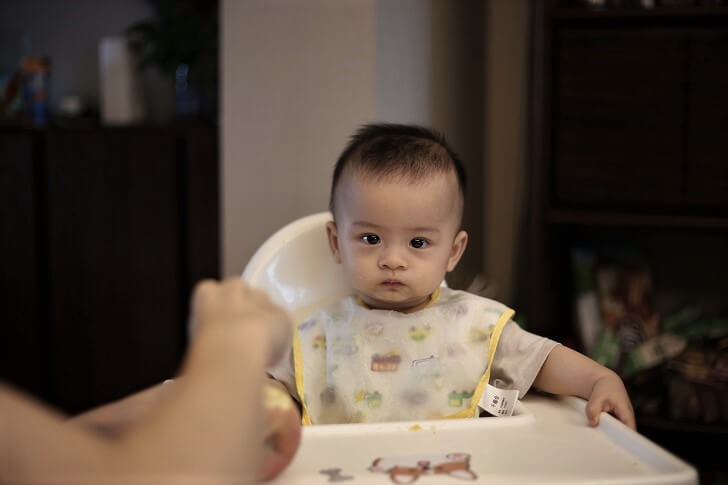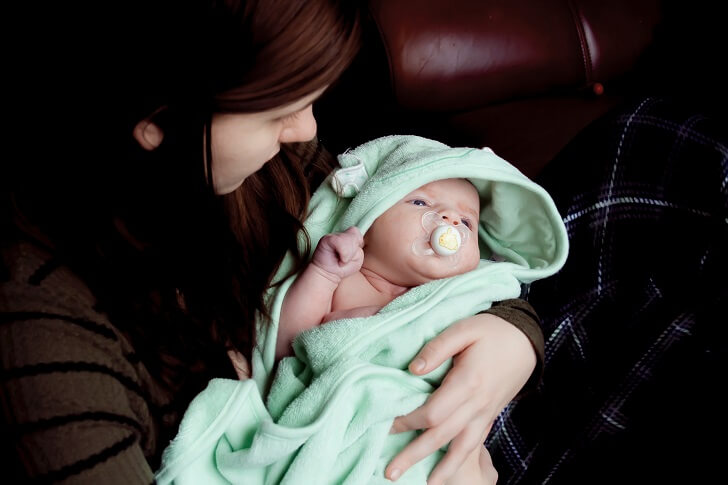Being a parent entails a good amount of caution. To protect babies and young children from potential harm, parents should always take extra measures, especially when choosing the kind of food they give them.
This said moms and dads out there might want to start double-checking the labels of baby foods before putting them in the grocery cart.
Toxic Metals Found

According to the findings of a recent study commissioned by the Healthy Babies Bright Futures (HBBF), a whopping 95% of the baby food they tested ended up having certain toxic chemicals.
This disturbing list includes the likes of lead, arsenic, mercury, and cadmium. In total, about 168 baby foods were tested for the study including some well-known store brands.
It was also found that rice-based products were the most concerning ones as they had higher levels compared to other baby foods.
This list includes products like puffs, rice rusks, and teething biscuits. It was determined that infant rice cereal had the most arsenic content as well. What more, this arsenic content is reportedly of the inorganic kind, which is the most toxic form of the chemical.
Safer Alternatives

To counter these dangers, parents are recommended to skip on the rice and prepare other grain foods like barley, wheat or oats.
However, for those who still use other rice-based foods, cooking the rice in some extra water would cut the arsenic content of the food by about 60%, according to studies by the Food and Drug Administration (FDA).
It’s also worth noting that a rice variety’s arsenic levels will also depend on where it comes from. The researchers say that basmati rice from places like Pakistan, India, and California had the lowest. Meanwhile, those grown in Texas, Louisiana, and Arkansas had the most.
Unfortunately, the list of ‘problematic’ baby foods also includes apple juice, grape juice, and pear juice. As an alternative, parents are advised to opt for tap water and feed their children with vegetables and fruits.
Potential Harmful Effects

According to the same study, these chemicals can cause permanent effects on babies’ IQ, brain and even behavior. However, other experts criticized these claims.
The USA Rice Federation says that these findings were still unsubstantiated, and alleges that HBBF used non-peer reviewed studies to support their claims. What more, they also said that the group based their conclusions on studies done in areas that had ‘greater arsenic exposure’.
The popular baby food brand Gerber voiced out their criticisms about the research as well.
A spokesperson from Nestle, the brand’s parent company, said that trace amounts of lead and arsenic naturally occur. Due to this, many experts also believe that getting these chemicals at ‘zero level’ is not really feasible.




